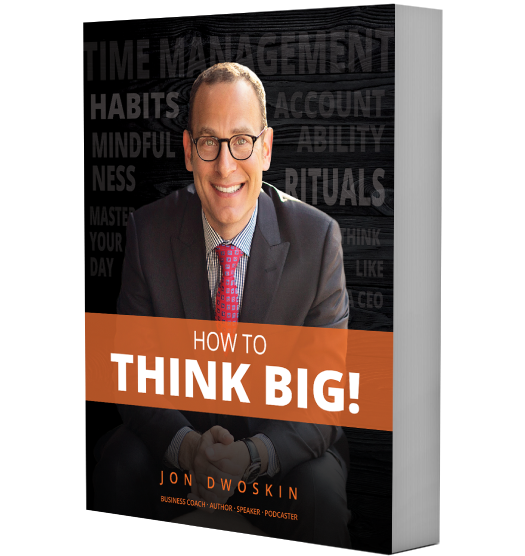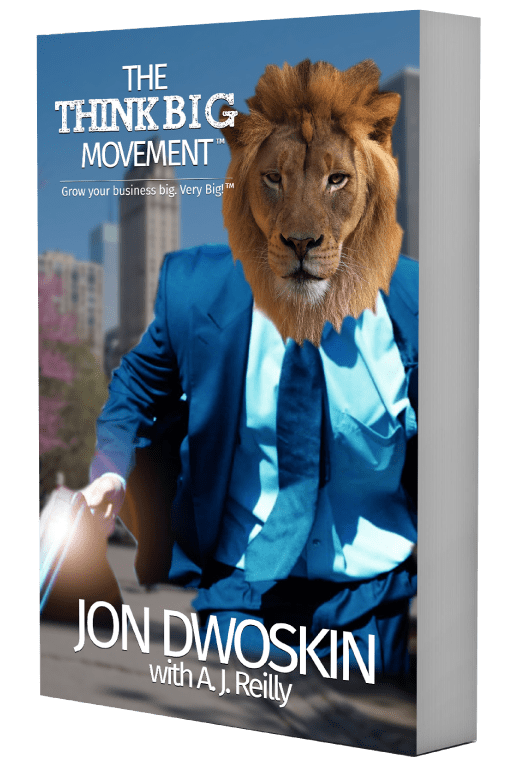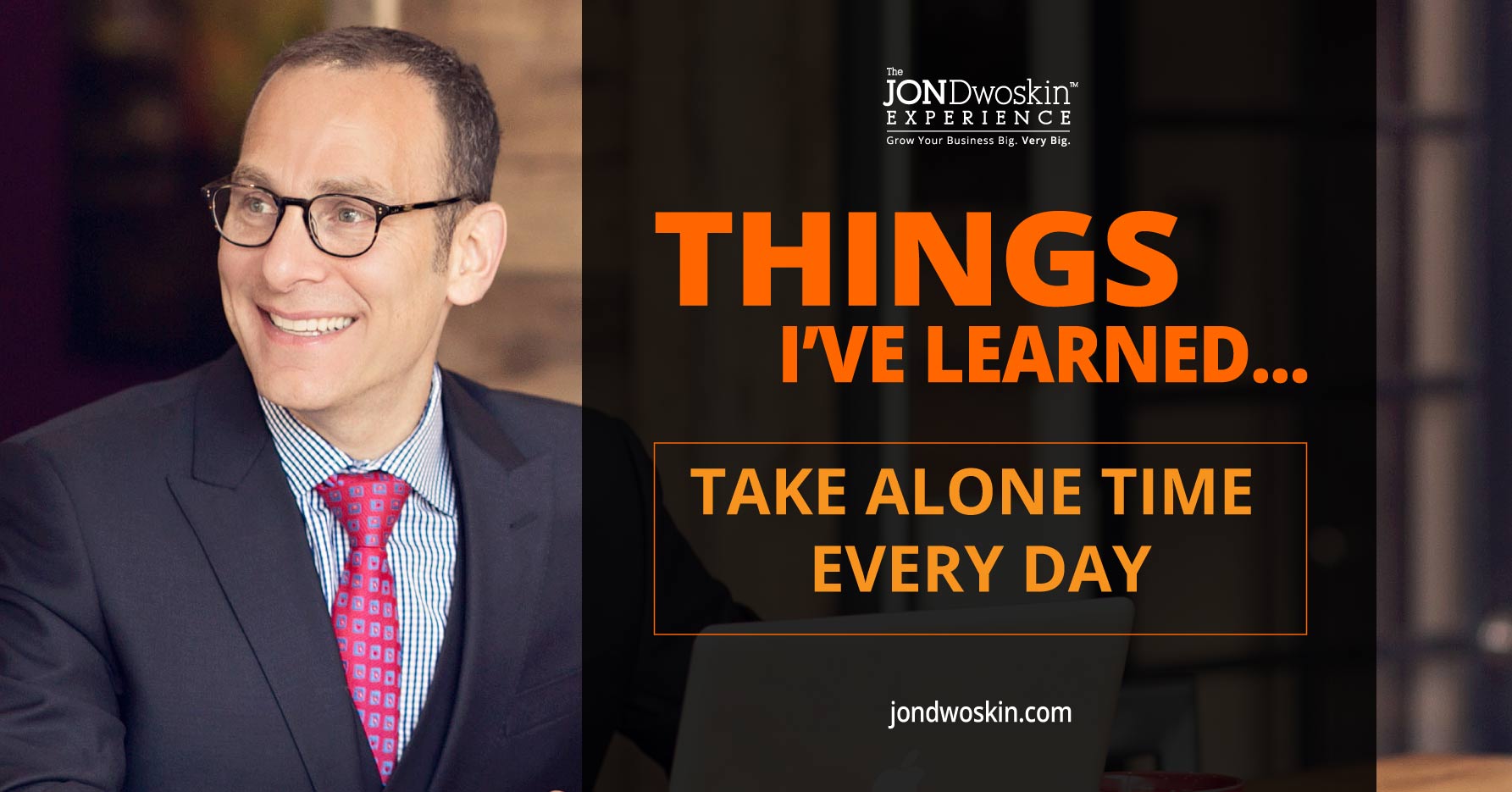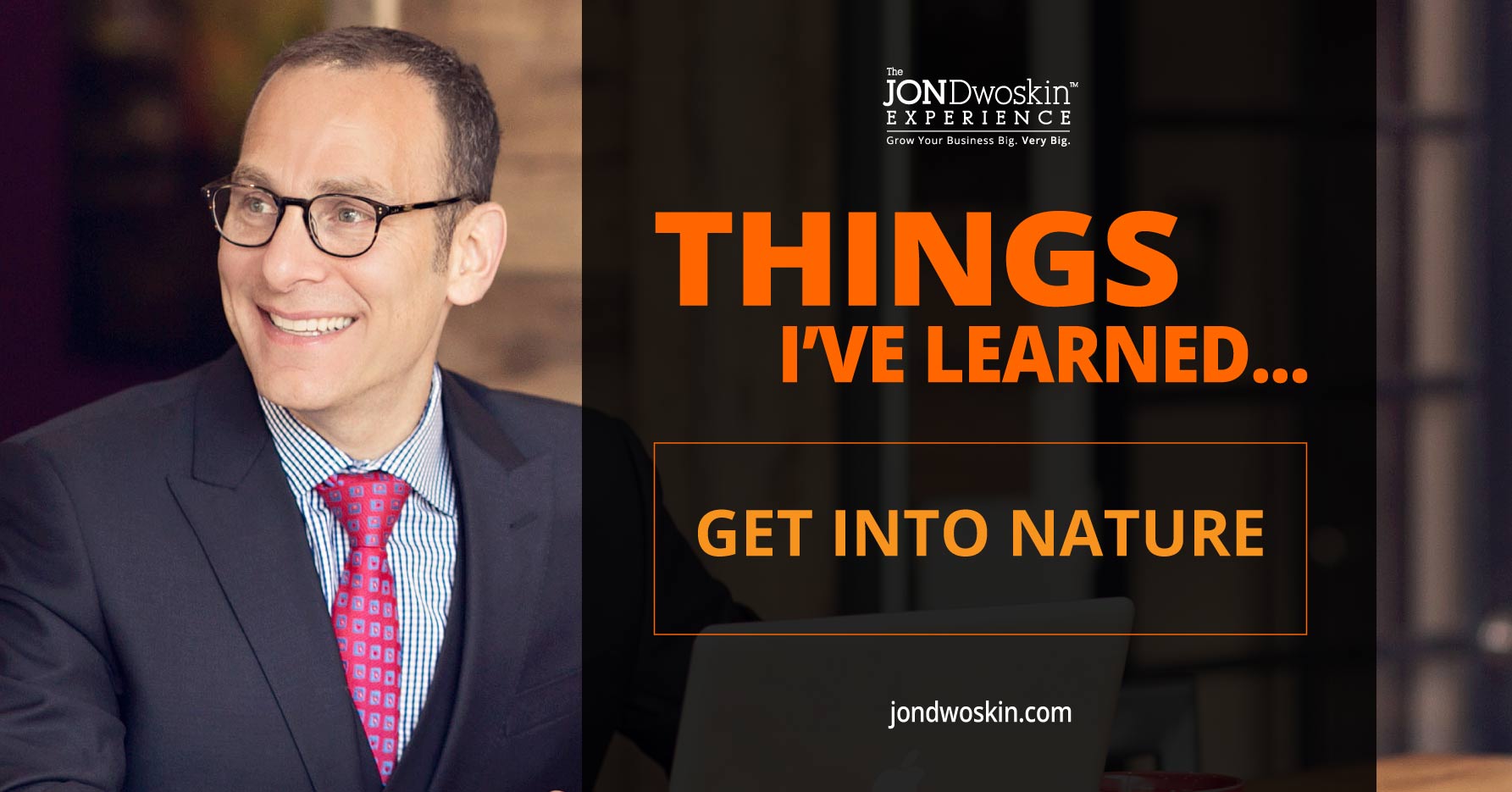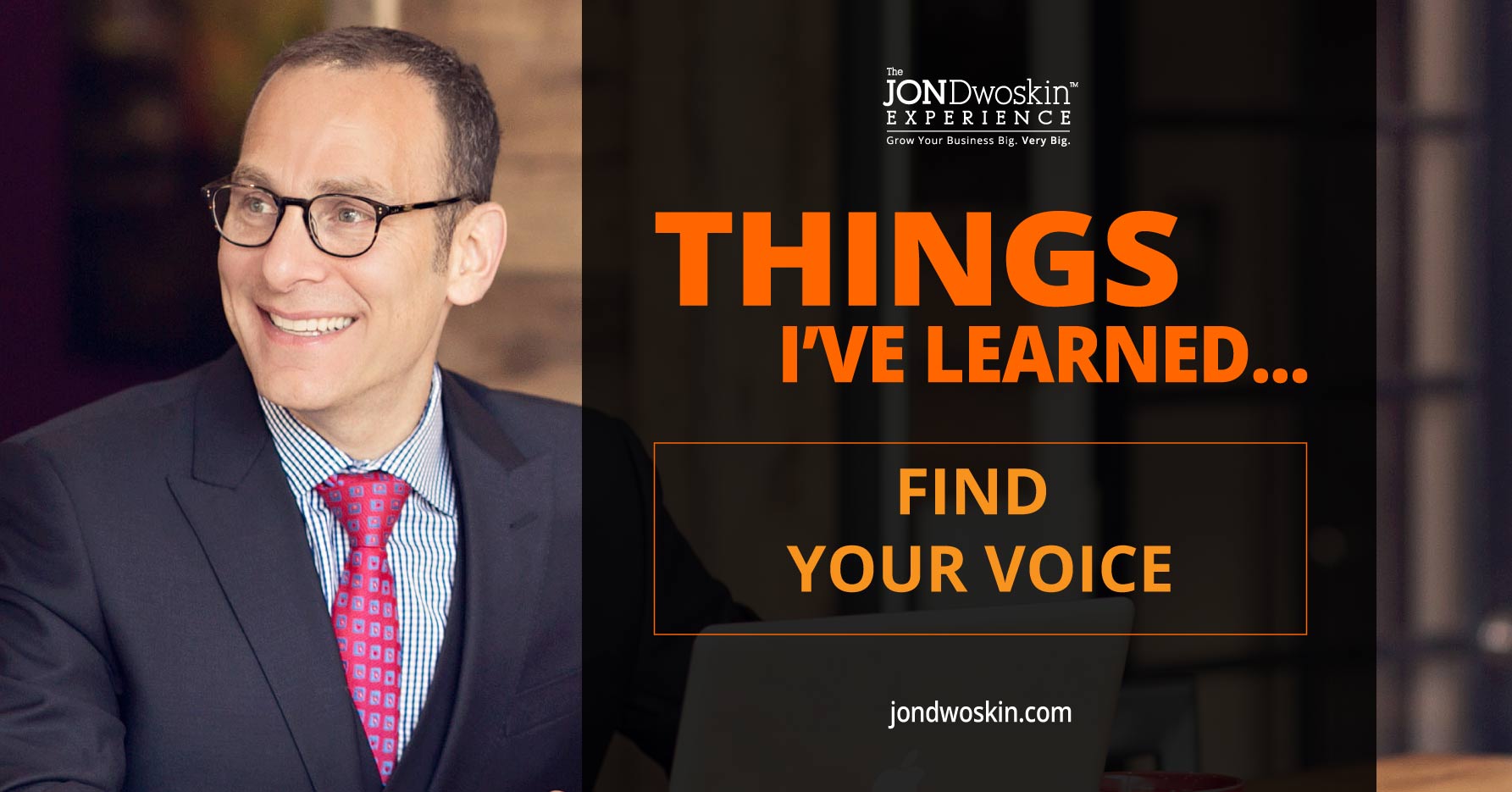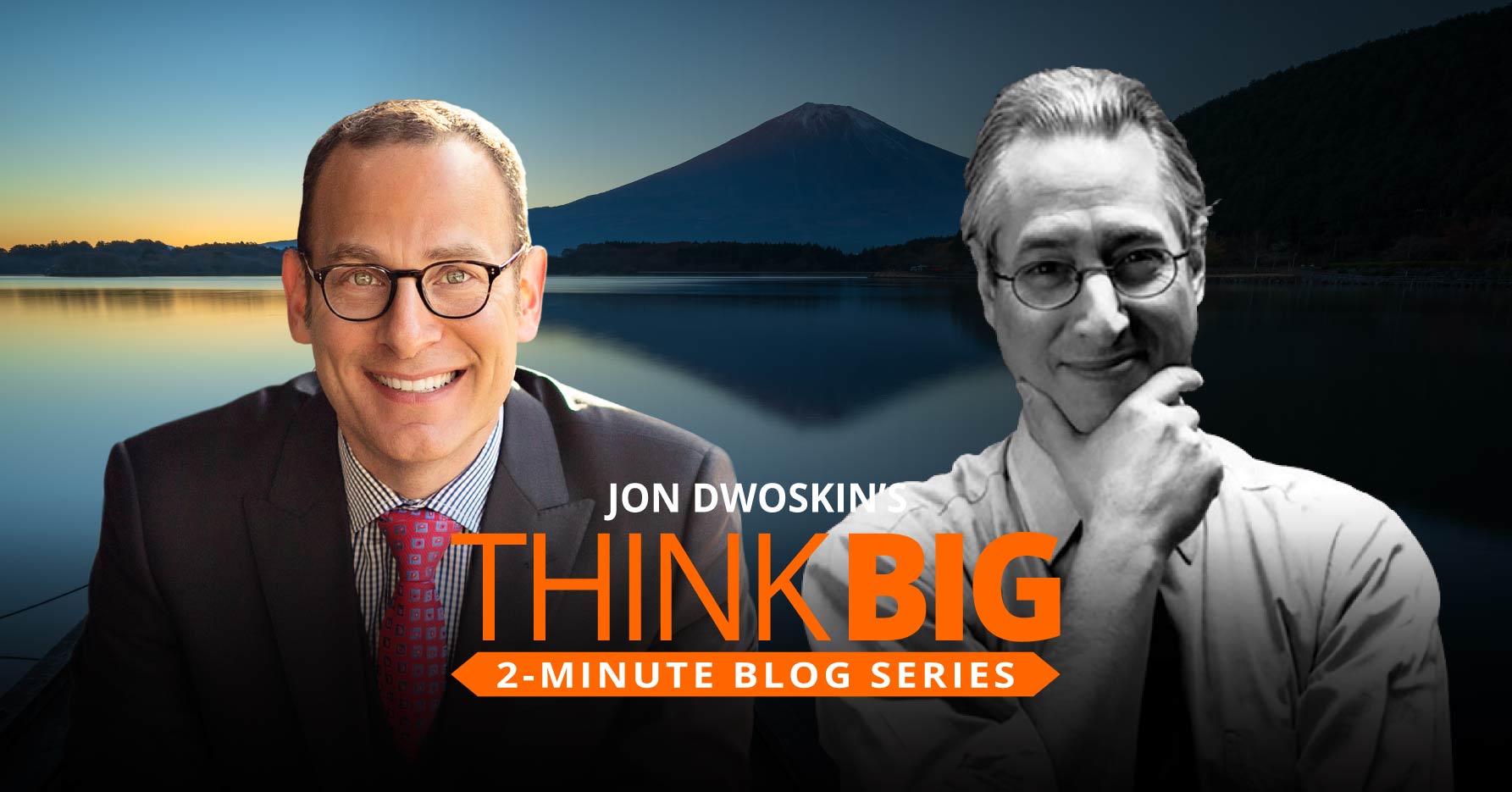
Below is Part 2 of the highlights of my interview the remarkable writer, filmmaker and speaker, Joshua M. Greene. Click here to read Part 1
Jon Dwoskin: I’m a big believer that the same level of consciousness that gets you to where you are cannot get you to where you want to be. How have you tapped into that? What does raising your consciousness mean to you? This is kind of a three-pronged question — how do you incorporate that into your books, into your writing?
Joshua M. Greene: Oh. Nice bridge. Growing up as an only child of a single mother had advantages and disadvantages. And there was a certain insecurity about myself; there was no positive male role model. I grew up with certain uncertainties about myself. I wasn’t quite sure what my worth was or my direction in the sense. And that was very good, because it meant I was open minded. I could explore things. And my mom, bless her heart, was encouraging of that. She said, “As long you’re not hurting yourself or anybody else, journey forth. Go find out what’s your bliss, what turns you on.”
That was more than a half century ago. I’m 71 now. Over the course of that time, what I’ve learned is, a life well lived is a life lived in truth and honesty, with impeccable motive, with greater concern for the well-being of others than for one’s self. And with an ability to say, “I have my particular covenant with divinity, but that doesn’t make me right and somebody else wrong. Everyone has their particular path of their pursuing.”
That took me a long time to get to that point of not proselytizing, of not wanting to convince somebody of anything. This is something comes up in discussion with my brother, Brian Greene, all the time. I’m mesmerized by his work. He is a very well-known physicist who has written a number of bestselling books on string theory, the future of the universe, and so on. Wonderful, wonderful speaker, wonderful writer. I love to look up at the night sky and what I see has been enhanced by his work. Where I can’t go along with him is his conclusion, that if you follow the physics far enough, you’ll be able to find the origins of consciousness. That I can’t follow.
I don’t see that the thing that makes us uniquely who we are — and now we’re going to get to Siggi — is nothing more than a history of particles and wave forces and functions and energies interacting until they become self-aware. I have a hard time embracing that. I think that can lead to some very dark places, and it does.
You don’t have to become a mantra-chanting, deity-worshiping, vegetarian Yogi to be open to the idea that life is permanent. That there’s something more than the experiences of this one moment, this one frame in a series of frames that we call lives.
And yet because anything that has to do with that tends to get bunched in with religion and faith and mysticism, and things that have not done well historically, rational people just would prefer the physics particle theory: that we’re nothing but matter in the universe. And any references to transcendent causes, multiple lifetimes, a permanent self that evolves, has no place in that. I have a hard time with it.
Q: As a business coach, I hear from a lot of people who have a difficult time understanding what their worth is. You had made a comment that you were trying to figure that out. What was that path like, and when did you figure it out?
A: Over the course of many years of practice. How do you get to Nirvana? Practice, practice, practice. Chant, chant, chant. It’s a slow process. We’ve been transmigrating a very long time. The conditioning runs deep. Don’t expect epiphanies overnight. I’ve been asked to talk about this stuff in workplaces. I’ve spoken to Microsoft, at Bank of New York; I taught meditation as a tool of enlightened business practice at the Zarb School of Business at Hofstra University.
When I go into workplaces, I find people who are terrified to speak up and say what they know, who will not criticize or offer constructive suggestions. Because they’re worried about being marginalized, or laughed at, or heaven forbid, lose their job. So corporations will pay a lot of money for a guy like me to come in and tell them things that the people around them could have told them, if they were just willing to listen and not marginalize people who are willing to speak up. The people who do well in a work environment are people who have very good self-analytical skills, who aren’t afraid to say, “Hmm. I don’t know, let’s find out together.”
Q: I really would love to know how you landed on writing about Siggi B. Wilzig’s remarkable story as a Holocaust survivor and business success. What got you to him?
A: His was a story that I had not encountered before, even though I’ve screened maybe 100 or 120 video testimonies by Holocaust survivors and have done biographies of maybe eight or nine. None exuded the joy for life that I found in Siggi. None had the same capacity for not only speaking about the darkness that he had gone through, but channeling that darkness into a tool that could help others.
First of all, he loved life so much. He’d gone through two years in Auschwitz, forced labor, a dozen selections for death, two death marches. He was 88 pounds when the American forces liberated him from Mauthausen. And he came here and became such a big success. He was just 5’5″ but a volcano, an explosive personality. He would stand up in the middle of restaurants and start singing and dancing. He just loved life. When he passed away in 2003, he left behind an oil and banking empire with more than $4 billion in assets.
And he would stop everything, a guy who had no time for anything except work, if he heard that someone was sick or needed help. He heard that the son of one of his bank employees was suicidal. He had his driver take him to the guy’s house and sat with the kid all day long and then told him his story. He said, “You think you got it bad? Let me tell you about Auschwitz.”
The impression that people got was, if he can go through that and come out loving his life so much, taking joy in helping other people, doing what he can to support the state of Israel and Holocaust education, and believing every day was a celebration of some kind, maybe I can, too.
So we need role models. Character and that kind of positive behavior is in pretty short supply these days.
Q: What would Siggi advise us to do today to find joy in a world rocked by COVID?
A: I think the first thing he might say is, “Why are you focusing on the sad stuff?” This wasn’t a particular Siggi-ism, but he might have said something to the effect of, “In a beehive, there’s lots of holes, but there’s also a lot of honey. Why don’t you look for the honey?” He wanted people to understand that you’re under no compulsion to give in to the sadness, that if you’ll just lift your head up off the ground, you’re going to see sky up there.
After he was liberated from the camps, as a gesture of thanks to the American liberation forces, he joined the U.S. Counterintelligence Court. That was the group that Simon Wiesenthal was a part of that went hunting for Nazis who were hiding out. His job for the CIC took him on his first plane ride at about 20 years old. It was a rainy, cloudy, dreary day, a miserable day. The plane took off and climbed, pierced through the cloud bank into a beautiful, bright-blue sky with a shining sun. And Siggi said, “In the camps, people were so horrified by what they had to see. They often wondered, ‘Is there even a God? Maybe if there was a God, he left, he’s not interested in us anymore.’ When that plane broke through those clouds and I saw that bright, beautiful sun, my faith was confirmed. It was the Almighty speaking to me and he was saying, ‘Don’t despair.’ Sometimes a dark cloud like Hitler comes between us, but I am still here. I am still here.” He might tell that story to that sad person you’re talking about.
Q: He seemed to have such a positive mindset and outlook. He was able to not be a victim, to compartmentalize that piece of his life. He was, to put it in your words, unstoppable. How was he able to stay so joyful?
A: Well, if you just read the story in terms of its basic plot line, it’s a success story. It’s a David vs. Goliath epic story, and you’ve got this little guy who comes out of the worst time in history, bulldozes his way to the top of the mountain, and becomes this fabulous success in banking and in oil and gas. It’s a happy story, right?
Along with that, simultaneously, there’s this subterranean narrative, which is the death story. It’s the story of what he came out of.
Siggi had nightmares all his life. Some of them were about what he’d been through, what he’d seen. Some of them were the mind brewing its own poisonous concoctions. He would dream of his own children walking into the crematorium fires. So that never went away.
What he managed to do is something in the Sanskrit terminology that means “taking something and turning it around.” So if there’s a sadness, turn that around, and it becomes an energy through me. It wasn’t that the nightmares lost their horror, but after a while he knew what they were.
I think the mistake some people make is they think yoga’s a cure-all, that “somehow, I’m going to do this, and my [problems are] going to go away.” The journey is not running away. The journey is going deeper inside the experiences of your life with the training and background that will allow you to confront those challenges more effectively.
That’s enlightenment. That’s the journey. That’s the moving toward the fulfillment of our life. It’s going into the belly of the whale and having to turn that around and come out revitalized. It’s hard to swallow, but those tough moments are, under the right circumstances and if handled properly, grist for the mill. They’re food for a kind of an unfolding that takes place.
Now please, don’t misunderstand me. If you’re in an abusive partnership, don’t think, “Oh, well, God wants me here because this is what’s going to make me grow.” Get the heck out of there. Becoming a martyr isn’t spiritual, it’s stupid. So there’s a note of objectivity and realism that needs to be kept in mind here.
That’s why I wanted to tell Siggi’s story. Somehow, without chanting mantras or becoming vegetarian or practicing yoga or whatever, he found that. He found that path out of the forest.
Q: What’s his legacy today?
A: Oh, that’s easy: To teach and study the Holocaust. Don’t forget the Holocaust. As soon as you do, you open the door to all kinds of horrors returning to visit us again. Remember the footage from January 6, the insurrectionists with T-shirts that said Camp Auschwitz? This isn’t ancient history, this is front-page news. The anger and the hatred and the fear that have precipitated the tragedies that we’ve seen over the last few years come about because of an uncertainty over the things we don’t understand. It’s a really big moment in history right now to practice yogic breathing. Just, “Let’s chill out, let’s bring the fever down, and start talking again.” Siggi was good for that.
Q: Take me back to one of your yoga students years ago basically asking how you reconciled being spiritual and purposeful with the reality of the Holocaust. How would you answer that today?
A: If the question was, “You have such a beautiful view of a purposeful creation, how do you reconcile that with what happened in Europe 80 years ago?” Well, I’ve found a cliché, or if you will, a short form answer: When we turn away from our true nature, when we turn away from our true self, we can fall very, very, very far. When we turn toward our true nature, we can soar very, very high.
I hope you learned as much and gained as much perspective from my in-depth conversation with Joshua as I did. You can watch to the entire exclusive interview here and listen to all of my in-depth, soulful THINK Business Exclusive interviews here.
Until then, keep THINKING BIG!
– Jon
Listen to my full Exclusive with Joshua M. Green

